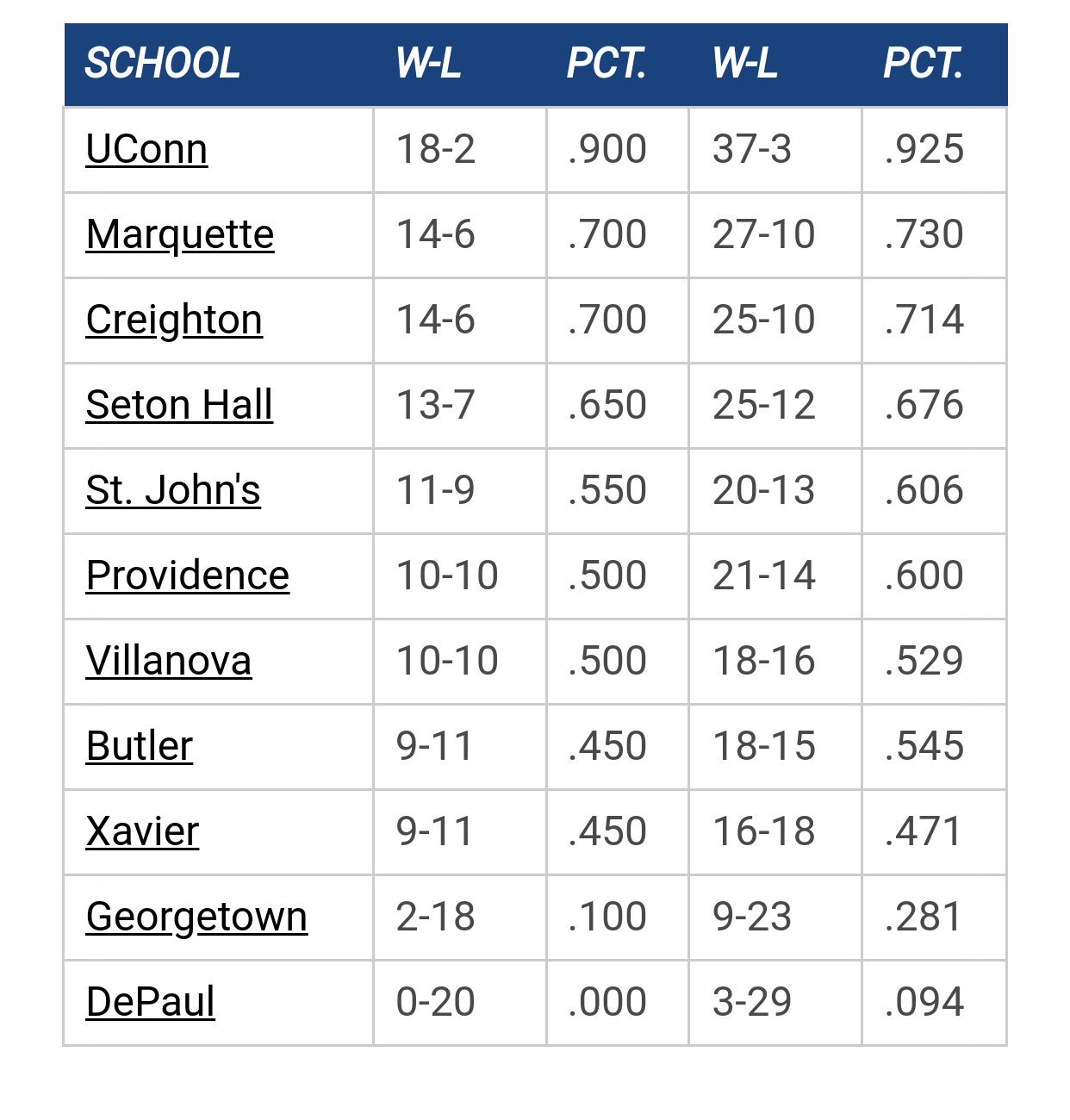- Welcome to MUScoop.
Transfers in/out 2025-2026 by Jay Bee
[Today at 10:49:08 AM]
Shaka Smart 02/18/2026 by Jay Bee
[Today at 10:42:00 AM]
2026 Transfer Portal Wishlist by Jay Bee
[Today at 10:38:27 AM]
The Portal by Jay Bee
[Today at 10:35:38 AM]
Recruiting as of 1/15/26 by wadesworld
[Today at 10:32:01 AM]
2025-26 College Hoops Thread by Tarragona
[Today at 09:52:36 AM]
Can this team win 4 in a row at the Garden? by Billy Hoyle
[Today at 07:53:47 AM]
[Today at 10:49:08 AM]
Shaka Smart 02/18/2026 by Jay Bee
[Today at 10:42:00 AM]
2026 Transfer Portal Wishlist by Jay Bee
[Today at 10:38:27 AM]
The Portal by Jay Bee
[Today at 10:35:38 AM]
Recruiting as of 1/15/26 by wadesworld
[Today at 10:32:01 AM]
2025-26 College Hoops Thread by Tarragona
[Today at 09:52:36 AM]
Can this team win 4 in a row at the Garden? by Billy Hoyle
[Today at 07:53:47 AM]
The absolute only thing required for this FREE registration is a valid e-mail address. We keep all your information confidential and will NEVER give or sell it to anyone else.
Login to get rid of this box (and ads) , or signup NOW!
Georgetown Date/Time: Feb 24, 2026, 6:00pm TV: NBC SN Schedule for 2025-26 |
||||||
User actions


